Phytech’s Oren Kind: ‘Our technology enabled a 20% reduction in water usage’

Nowadays, the Internet of Things (IoT) transforms agriculture by enabling farmers to monitor and manage their operations more efficiently. IoT devices collect data on various aspects, such as soil moisture, crop health, and weather conditions. This information can help optimize irrigation schedules, reduce resource waste, and improve crop yields. Additionally, IoT assists in precise pesticide and fertilizer application, reducing environmental impact and saving on materials. Globally, these advancements are making farming practices more sustainable and increasing profitability for farmers.
To discuss the practical benefits farmers can gain from IoT and how it can be implemented in practice, we have met with Oren Kind, the CEO of Phytech, an Israeli startup that is at the forefront of smart connected devices for farmers and helps the world’s leading growers optimize their production by connecting them to their plants.
 FD: Oren, can you explain to our readers what Phytech is and how you help with your advanced technologies growers around the globe?
FD: Oren, can you explain to our readers what Phytech is and how you help with your advanced technologies growers around the globe?
OK: At its core, Phytech is about giving plants a voice and giving growers a pair of eyes that look deeply at their operation. We provide growers with real-time visibility into what’s happening in their fields—how their plants feel, how their irrigation system is performing, and where they can optimize for better yields and sustainability.
We do this with a simple, digital farming system that uses proprietary plant, fruit and soil sensors together with hydraulic sensors to monitor crop stress, irrigation effectiveness, and overall plant health. The data is then transformed into clear, actionable insights via our mobile app—so growers can make informed decisions without needing to be data scientists.
Plus: with our unique hydraulic and automation capabilities, growers can seamlessly close the loop from the crop to the drop, knowing exactly when and how much water to deliver and ensuring smooth execution at the other end.
FD: How much effort a grower would need to install your system?
OK: We designed Phytech by farmers — for farmers. We know growers have a lot on their plate already. We take care of everything – installation, maintenance, and all other aspects, so growers can focus on growing the best crop using our app.
Our team installs the sensors in a single visit, and within hours, the grower starts seeing real-time data and irrigation recommendations. Although there’s a lot of data being collected and processed from each field, we pride ourselves on creating an easy-to-use user experience with clear visibility and alerts so growers can easily detect issues and make better decisions faster. Each grower is accompanied by a Customer Success Manager to ensure they get value from the system.
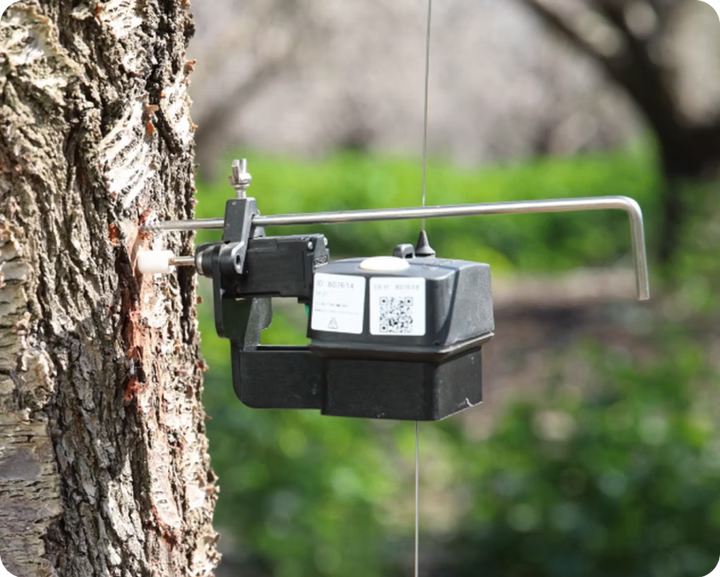
Growers don’t have time for complicated systems—we get that. That’s why our goal is to make Phytech as intuitive as possible: no extra work, no heavy lifting, just instant clarity.
FD: Do you focus on any particular crops?
OK: We gained extensive experience in high-value crops in California, Washington, Australia, Israel, and Europe, such as almonds, pistachios, walnuts, stone fruits, citrus, avocados, berries, apples, table grapes, and wine grapes. In the Midwest, we support pivot irrigation row crops such as corn, soybeans, and cotton, and as we expand our product and offering around the globe, we keep adding new crops such as onion, tomatoes, celery, watermelon, etc.
FD: What regions are you currently presented in, and do you plan to expand to the new countries?
OK: Phytech was born in Israel, raised in the U.S. and Australia, and is now expanding globally. Today, we’re operating in major agricultural regions across North and South America, Australia, and Europe, and we’re rapidly growing in South Africa, Argentina, Brazil, Peru, Chile, Uruguay, Guatemala, and Mexico.
Latin America, in particular, is experiencing a boom in irrigated agriculture, and climate change is making precision irrigation a necessity. Our expansion is driven by a simple truth: wherever there are growers looking to optimize water use, reduce costs, and improve yields.
FD: How does your system work on large areas of, let’s say, an apple garden or vineyard — does it require Internet coverage to function?
OK: Great question. Phytech doesn’t rely on Wi-Fi or broadband networks, because we know connectivity in rural areas can be unreliable.
Instead, our sensors communicate via cellular networks, using energy-efficient technology to transmit data. This makes them perfect for large-scale operations, as they eliminate the need for growers to set up any infrastructure.
For large areas, we deploy multiple sensor units across different zones to capture variations in soil moisture, plant stress, and irrigation effectiveness. This way, growers get a full picture of their orchard or vineyard and can manage irrigation with precision—down to the row.
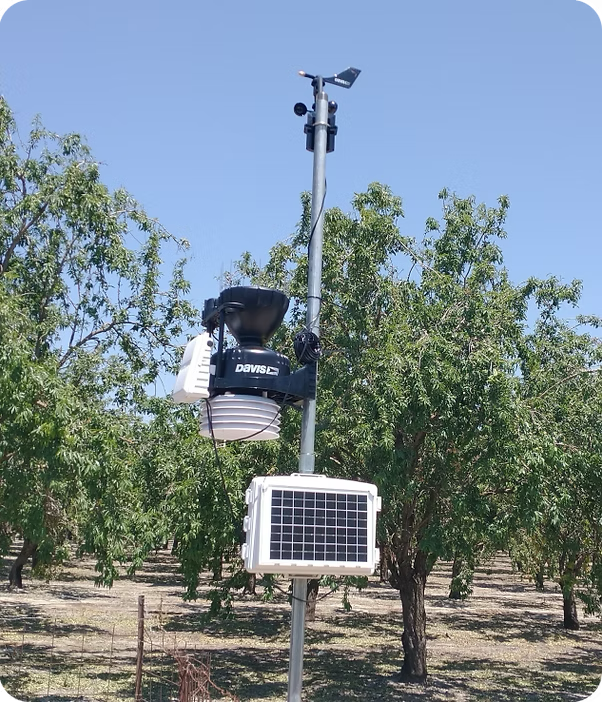
FD: You are already helping farmers with your growing assistance technology. Do you plan to expand the list of your services in the future, including harvesting or storage? What is on your product roadmap for the next 3-5 years?
OK: Absolutely. While precision irrigation is our foundation, we see Phytech evolving into a full-scale farming operating system—a platform that helps growers manage every aspect of farm operations with the same ease and clarity we bring to irrigation.
Our vision is to create a centralized hub where growers can seamlessly integrate other farm management tools. Through open API connections, Phytech will allow growers to plug in additional apps—whether for fertigation, weather forecasting, farm logistics, labor tracking, or machinery automation—so they can manage everything from one place.
In the next 3-5 years, our roadmap includes:
- Advanced fertigation management – Because irrigation and nutrients go hand in hand.
- Integration with farm machinery – Automating and optimizing water delivery and other key operations.
- AI-driven decision-making – Moving from real-time monitoring to predictive recommendations that help growers stay ahead of challenges.
At the end of the day, our goal is to make farming as simple, efficient, and stress-free as possible. By becoming the connective tissue between all farm management tools, Phytech will ensure that growers have one place to see, control, and optimize everything happening on their farm.
We’re not just building tech; we’re building a smarter, more predictable way to farm.
FD: How do your devices survive extreme weather conditions? Can they withstand low winter temperatures or the extremely hot weather of the Middle East?
OK: Yes. Our hardware is built for agriculture, not a lab.
We have operated for over a decade in Australia’s scorching summers, the Midwest’s brutal winters, and Israel’s desert heat—so durability is a must. Our sensors are weatherproof, UV-resistant, and designed to withstand extreme temperatures, heavy rainfall, and dust storms. We produce the hardware ourselves, and keep making it more robust and efficient in terms of energy while increasing the amount of data points we transmit from each sensor and analyze to give growers a real-time reliable picture of their operation and the ability to seamlessly remote control their valves from their mobile phone.
FD: In your reports, you highlight that Phytech improves farming operations and solves sustainability goals, such as Water Conservation and carbon emissions reduction. Can you please expand on these achievements?
OK: Absolutely. Our 2024 Sustainability Report showcases significant strides in enhancing farming operations and achieving sustainability goals.
Key highlights include:
- Water Conservation: By aligning irrigation with plant needs, our technology enabled a 20% reduction in water usage compared to industry standards, saving 132.1 billion gallons in 2024—equivalent to the annual water consumption of over 3.1 million U.S. households
- Optimized Crop Performance: Preventing water stress is crucial for maximizing growth and yields. Our system achieved a 94% average stress prevention rate, averting 7.9 million stress days in 2024. This improvement is comparable to the carbon sequestration of 261,131 tons, equating to the absorption capacity of approximately 260,000 acres of U.S. forest.
- Energy Efficiency: Efficient irrigation practices led to a reduction of 112,221 tons in carbon emissions through decreased irrigation pumping. Additionally, 90% of irrigation events occurred during off-peak energy usage times, saving the equivalent of 12.6 million gallons of gasoline consumed.
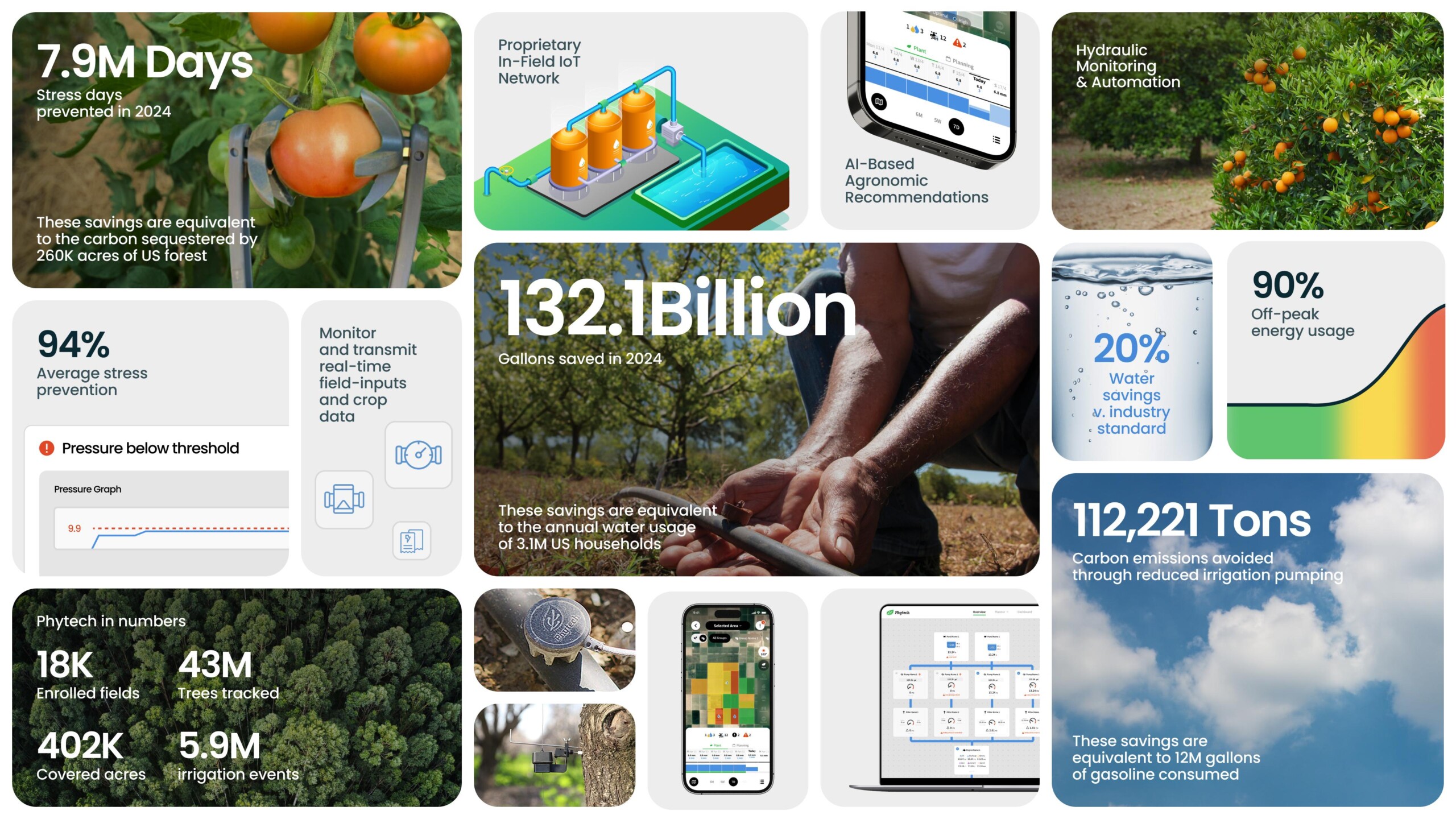
These achievements underscore our commitment to empowering growers with data-driven insights that not only enhance productivity but also promote environmental stewardship.
FD: At the end of last year, Phytech announced a partnership with two of the most notable precision irrigation companies: Rivulis and Netafim. How has this partnership developed so far, and what are its benefits?
OK: Those two partnerships have significantly accelerated our expansion into new markets. Rivulis and Netafim are giants in irrigation, and they chose Phytech as their technology partner because they see the future of irrigation as data-driven.
With Rivulis, we’re integrating our technology with Manna, their cloud-based precision irrigation platform, to give growers a seamless solution—not just hardware, but real-time decision-making tools.
With Netafim, we’re integrating into GrowSphere, their irrigation operating system, so that Phytech’s plant data directly informs irrigation automation.
Together, we’re scaling faster and helping more growers move toward precision irrigation on a massive scale.
FD: In the end, would you like to add something to our interview or share more of your insights with our readers?
OK: At the end of the day, agriculture is unpredictable, but farmers don’t have to navigate it alone.
We built Phytech to be more than technology—it’s a trusted partner in the field. We don’t replace intuition; we enhance it. We don’t just collect data; we turn it into clarity.
The future of farming is smarter, more efficient, and more sustainable. Growers have always been heroes, working the land to put food on our tables. With food and water scarcity becoming ever more challenging, we help those heroes not just survive but thrive in challenging times while growing better and healthier produce with minimal impact on Mother Nature’s precious resources.
Enjoyed this story?
Every Monday, our subscribers get their hands on a digest of the most trending agriculture news. You can join them too!










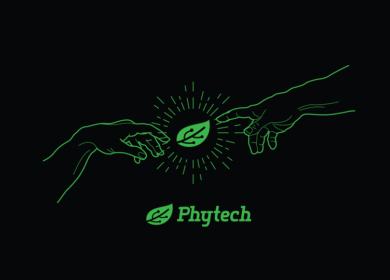
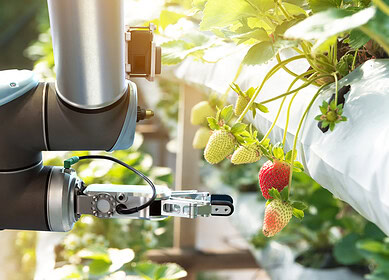
Discussion0 comments